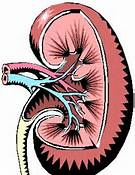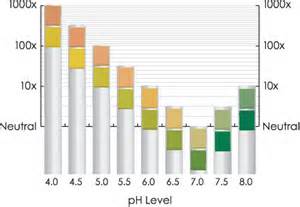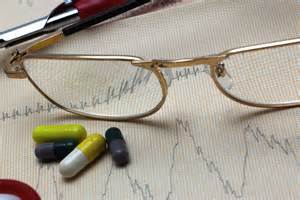Kidneys Infection

|
Voltaire |
People with two healthy kidneys have 100 percent of their kidney function. Small or mild declines in kidney function-as much as 30 to 40 percent-would rarely be noticeable. Serious health problems occur when kidney function falls to 25 percent or less, and only dialysis or a kidney transplant will save people whose kidney function drops below 10 to 15 percent.
If kidney problems occur, the body will have trouble filtering wastes out of the body, and they will start to build up in our system. This is highly poisonous to us, so problems such as kidney failure can be very detrimental to our health. Decline of kidney's proper functioning causes fluids to accumulate that are normally excreted by the kidney, reduces the production of red blood cells and can trigger a dangerous rise in blood pressure. Loss of kidney function also causes other problems such as anemia, high blood pressure, acidosis (excessive acidity of body fluids), disorders of cholesterol and fatty acids, bone disease, diabetes, and glaucoma.
There are simple blood and urine tests your doctor can do to help detect problems with kidney function before any symptoms even appear. A urine test can show the level of protein present. If there is a higher than normal amount, it may be a signal that your kidneys are losing their ability to filter properly. Your blood can be tested for blood creatine and blood urea, which also show how well your kidneys are working. Both are waste products normally produced by the body. As with protein in the urine, a high level of creatine or urea in your blood indicates that the kidneys are not doing their job.
There are different types of kidney diseases, such as kidney failure, kidney stones, chronic kidney disorders, kidney cancer, kidney infections and etc.
 |
A kidney infection is a painful and unpleasant illness that usually happens when bacteria travel up from your bladder into one or both of your kidneys. |
A kidney infection usually happens when bacteria – often a type called E. coli – gets into the urethra (the tube which urine passes through) from the anus and travels up through the bladder into one or both of the kidneys.
The medical name for a kidney infection is pyelonephritis. It's more serious and different from cystitis, which is a common infection of the bladder that makes urinating painful. If treated promptly, a kidney infection doesn't cause serious harm but it will make you feel very unwell. If a kidney infection isn't treated, it can get worse and cause permanent kidney damage. Often the symptoms of a kidney infection come on quickly within a few hours. You can feel feverish, shivery, sick and have a pain in your back or side.
Most kidney infections need prompt treatment with antibiotics to stop the infection from damaging the kidneys or spreading to the bloodstream. You may also need painkillers. Antibiotic treatment is usually a very effective way of treating a kidney infection and you should feel completely better after about two weeks.












